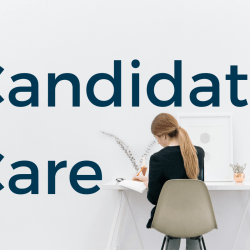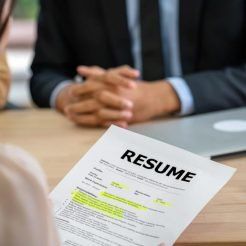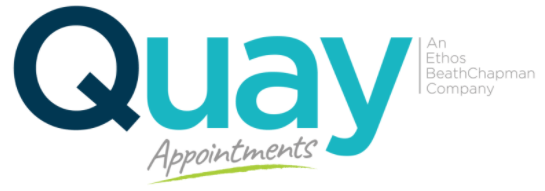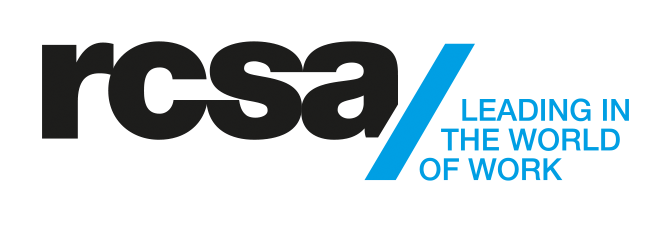Helping Millennials and Gen Z Employees Succeed in the Workplace
In 2019, Millennials and Gen Z professionals accounted for more than 30% of the global workforce. Throughout this decade, we’ll continue to see a rise in that number as more and more of these younger individuals join the workforce. Moving forward, it is important for organisations to recognise key accelerators and disruptors when managing these employees to help position them for growth and eventually, for success.
Tech is an Enabler

Millennials are considered the tech-literate generation and Gen Z are who you’d consider as the digital or tech natives. The utilisation of technology at work for different means is a key component in engaging these younger generations. It is important that technology is a fundamental factor when it comes to upskilling and career mobility for them. Millennials and Gen Z are hoping for further innovation to help them not just with communication but with collaboration and critical thinking.
Retraining, reskilling and upskilling in the digital landscape should be a top agenda for employers to enable millennials and Gen Z employees to grow professionally and personally. Here in Australia, there is a strong call for digital reskilling for employees and students. The Digital Transformation Strategy of the country will position its government, organisations and people as global tech leaders.
Unforgettable Candidate Experience

Candidate experience is a significant stage for all professionals. Can you recall your first ever job interview experience? As I’ve always said, candidates often forget recruiters and hiring managers. But, they never forget how those people made them feel. As employers or hiring managers, it is important that we leave an unforgettable candidate experience for all the right reasons.
When interviewing millennials and Gen Z, it is noteworthy to remember that the former strongly prioritise job flexibility and the latter prefers job stability. But after the pandemic, both are now significant for millennials and Gen Z. It is important that key opportunities for millennials and Gen Z are well discussed in the candidate experience stage. This includes discussion on work-life balance, career mobility or advancement, leadership programs, well-being, community engagement and salary.
A proactive candidate experience can establish a positive outlook for candidates that they will instil within themselves for future job interviews and job offers. Both millennials and Gen Z professionals are hoping for a strong sense of purpose.
Transparency and Accountability in the Workplace

It is important for millennials and Gen Z employees that there are transparency and accountability within the workplace. Transparency in wages, transparency in recruitment, transparency in financial reports and more. The younger generations of the workforce are refusing to settle and are willing to fight for what they deserve inside the workplace. That is why transparency is one of their key indicators to determine whether a potential employer is a good fit for them that champions sustainability for all stakeholders.
When it comes to accountability, it is a two-way street. Employees must take responsibility when at fault and employers must do the same. Not just millennials and Gen Z, but millions of employees from different generations are sick of employers and executives who won’t admit their errors and would rather point fingers. For these employees, transparency and accountability are fundamental factors for building a strong corporate culture.
Employee Wellness
Employee wellness or wellbeing is no longer just a “nice to have” in the workplace. Amidst the pandemic, we realised the importance of ensuring a healthy, both physically and psychologically, workplace. Incorporating wellness programs within the workplace is a top selling point for millennial and Gen Z candidates. These employees are also at the forefront of championing mental health support and programs in the workplace. The discussion of mental health will boost employee engagement for millennials and Gen Z.
The Future of the Workforce
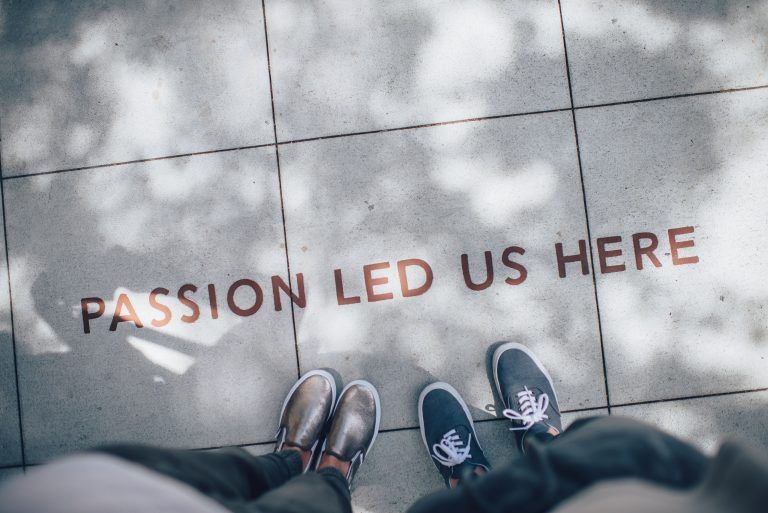
All these factors promote productivity in the workplace which is a key employee-related metric when measuring progress. Millennials and Gen Z employees by the next decade might account for more than half of the global workforce. If it is important that we, the older generation provide the right guidance so they do can do the same for those next in line.




